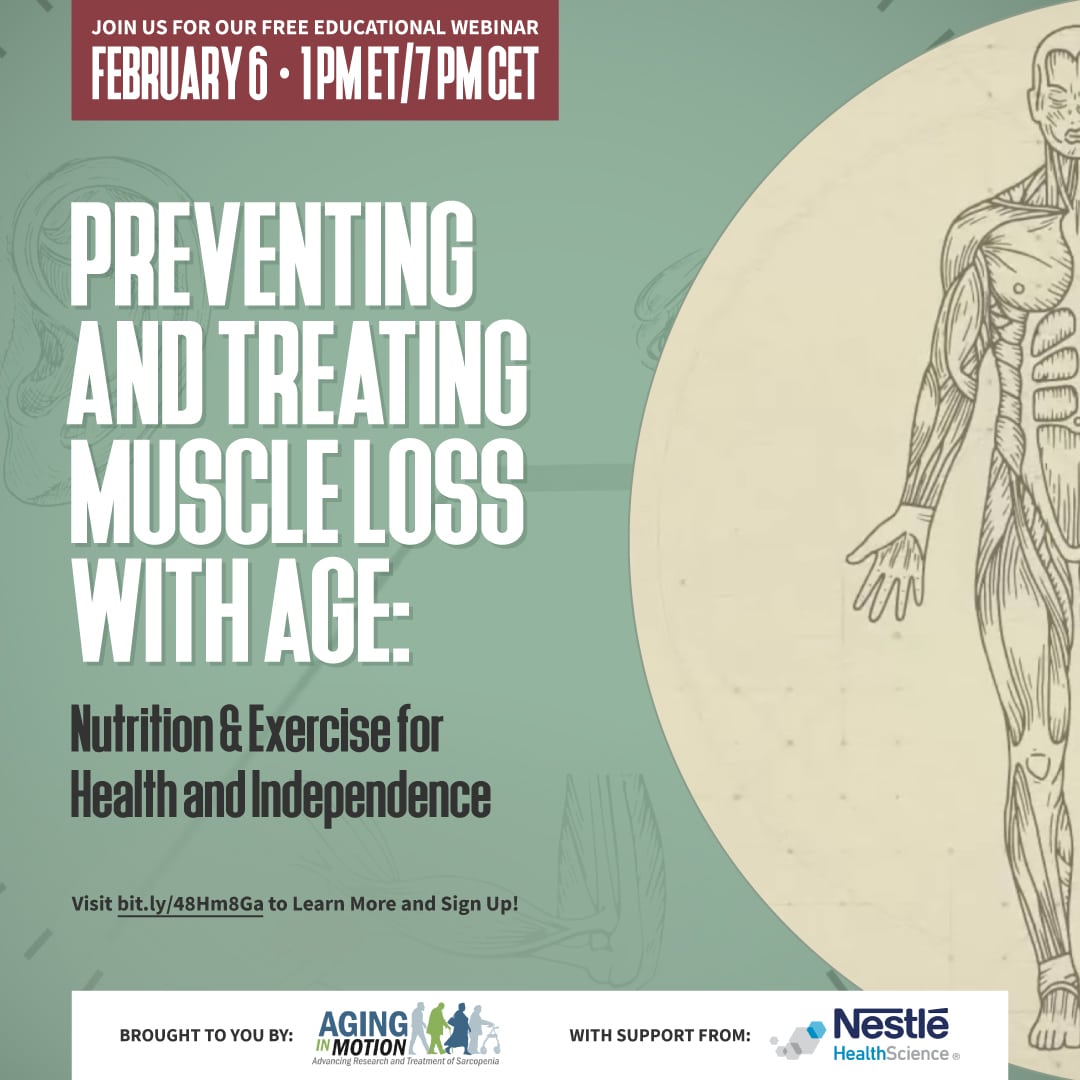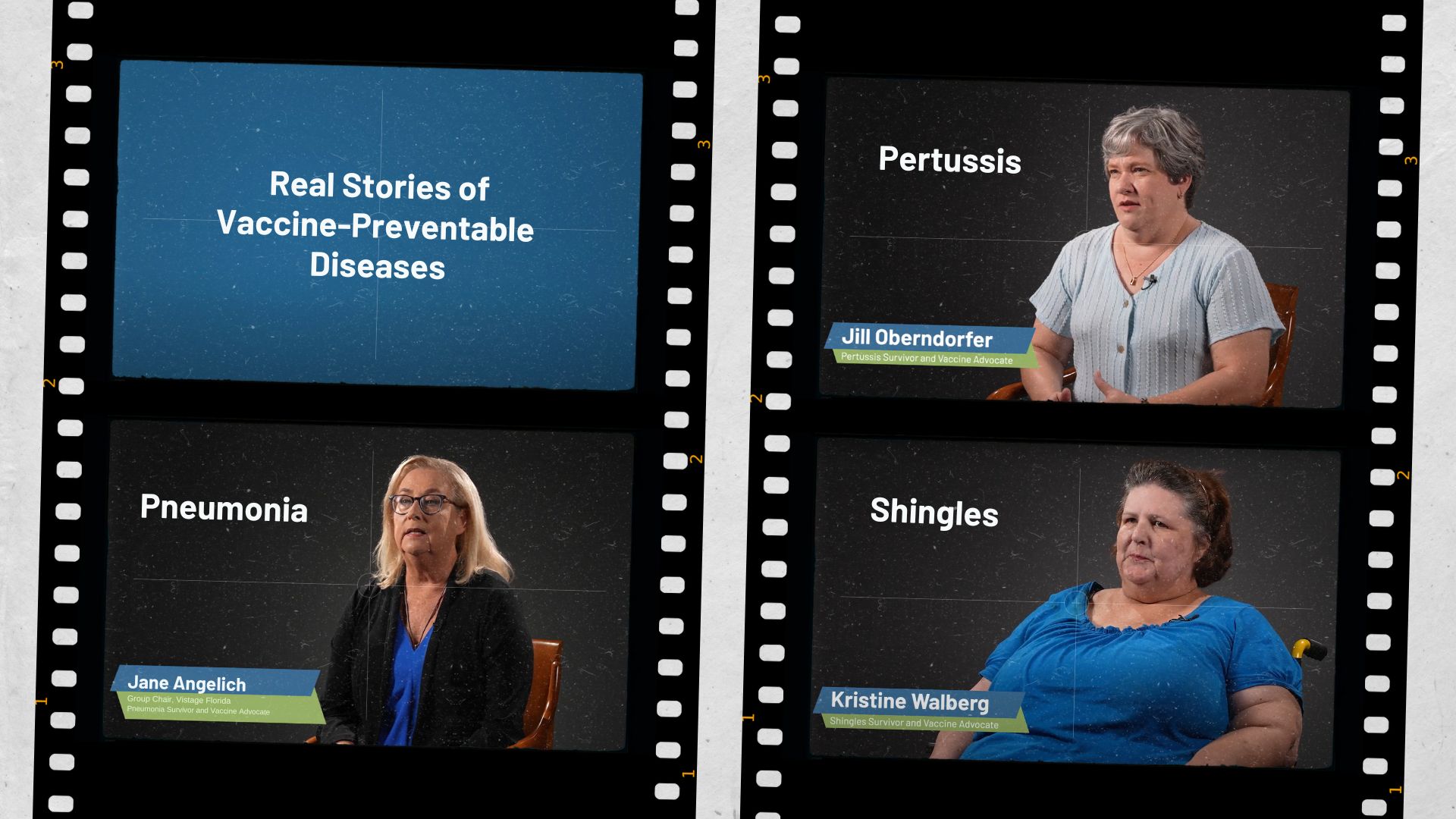- Alzheimer’s Disease and Related Dementias
- Antimicrobial Resistance
- Appropriations
- Cardiovascular Disease
- Care Innovation and Access
- Clinical Trials
- COVID-19
- Family Caregiving
- Health Equity
- Healthy Aging
- Home Health and Community-Based Services
- Medicaid
- Medicare
- Mental Health
- Nursing Home and Post-hospital Care
- Nutrition
- Persistent Pain
- Prescription Drug Affordability
- Quality and Outcomes
- Research Funding
- Sarcopenia and Mobility
- Telehealth
- Vaccination
- Value Assessment and Pricing
- Vision Loss
Home Health and Community-Based Services
Home and community-based services (HCBS) allow people with significant physical and cognitive constraints to live in their communities. These services are an alternative to nursing homes or assisted living facilities. HCBS services allow more agency because individuals can determine who provides their care and where they live, including the ability to continue living in their communities with friends and family. In most cases, HCBS are less expensive than receiving care in an institutionalized setting.
There are two broad categories of HCBS: skilled care and in-home services and supports. Skilled care occurs when a person receives healthcare in their community from a licensed medical professional, such as a physician, registered nurse, or therapist. In-home supports are non-medical services that help people with their activities of daily living, including meal preparation, bathing, and housekeeping.
Medicaid is the primary insurance that covers HCBS, which most private insurance plans do not provide. To qualify, a person must demonstrate that they have long-term care needs and meet their state-based requirements.
Since states operate HCBS programs, there is significant variation on the populations eligible for care and the services they receive based on a person’s geographical location. Medicaid requires that all states provide home health benefits, including nursing, home health aide services, and durable medical equipment, and almost all states provide physical, occupational, and speech therapy. States can also opt to provide beneficiaries personal care services.
The Alliance for Aging Research believes that older adults should have the option to “age in place” in their communities and with their loved ones. The federal government must continue to support these programs and ensure that waiver programs do not create inequities of care across the nation. Furthermore, the Alliance advocates for funding the Administration for Community Living (ACL), the federal agency that funds services and supports to help Americans fully participate in their communities.
Home Health News & Updates
The Healthy Aging Blog on Home Health and Community Based Services
Living Longer and Loving It
Sign up for our monthly e-mail newsletter for the latest information on
scientific research on aging and health.

The Alliance for Aging Research is a proud recipient of Candid’s Platinum Seal of Transparency.

The Alliance for Aging Research is proud to be rated a 4-star charity by Charity Navigator.




